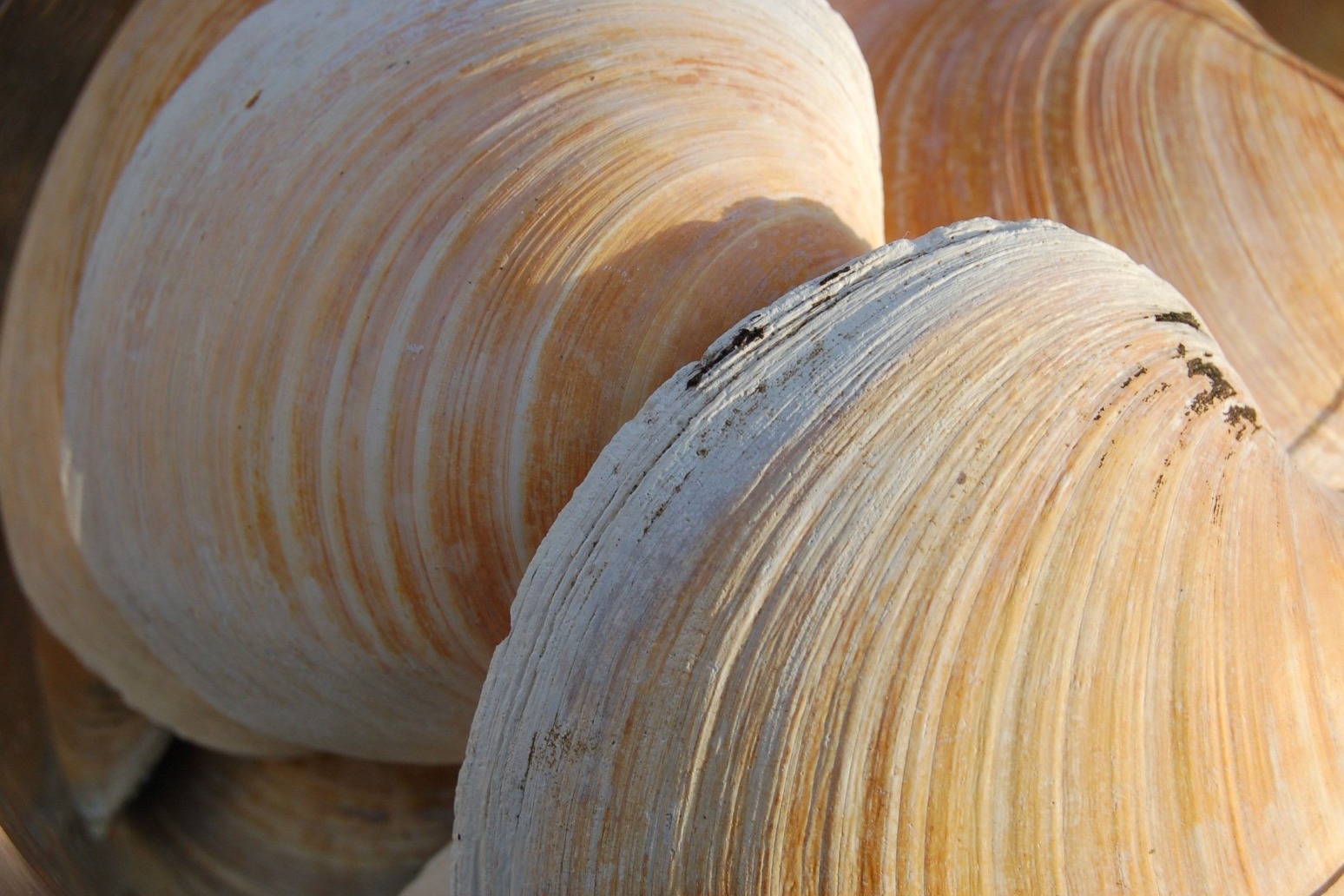
Reductions in arctic sea ice cannot be rapidly reversed
Research has come from the University of Exeter
Arctic sea ice cannot "quickly bounce back" if climate change causes it to melt, new research suggests.
Scientists used the shells of quahog clams, which can live for hundreds of years, and climate models to discover how Arctic sea ice has changed over the last 1,000 years.
They found sea ice coverage shifts over timescales of decades to centuries, so shrinking ice cannot be expected to return rapidly if climate change is slowed or reversed.
The study examined whether past ice changes north of Iceland were "forced" - caused by events such as volcanic eruptions and variations in the sun's output - or "unforced", which are part of a natural pattern.
Published: by Radio NewsHub